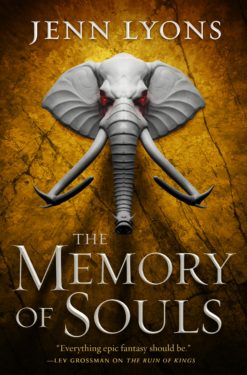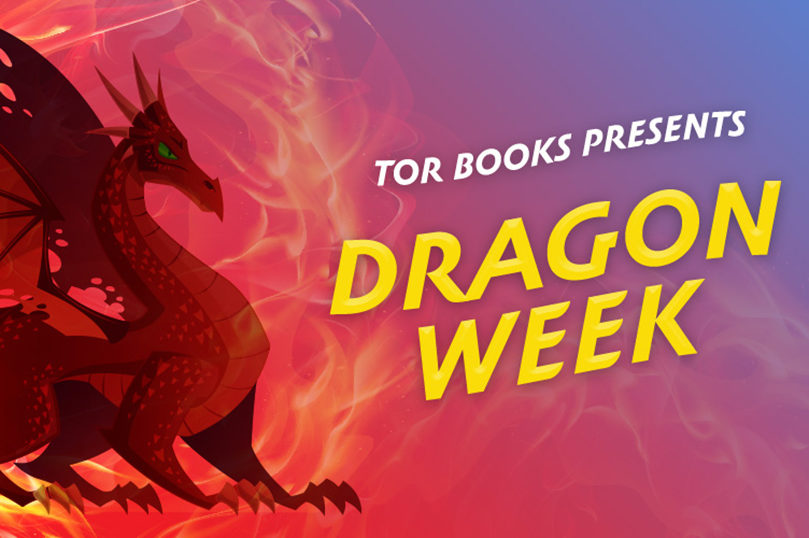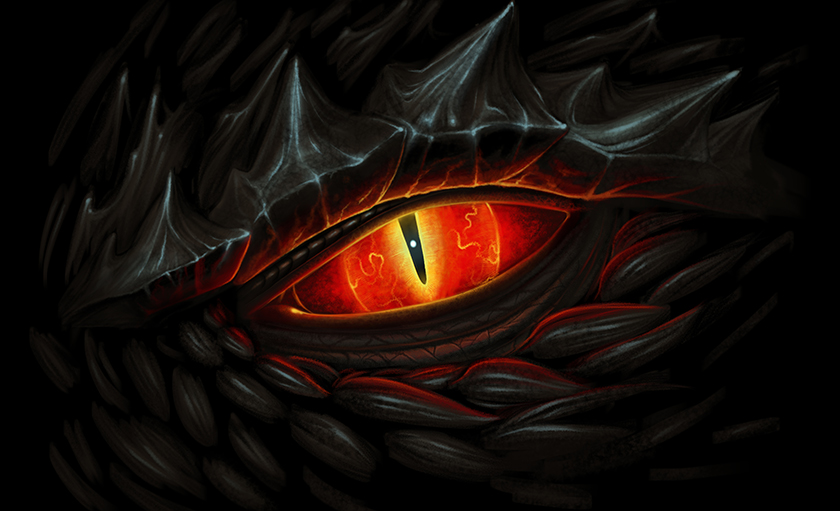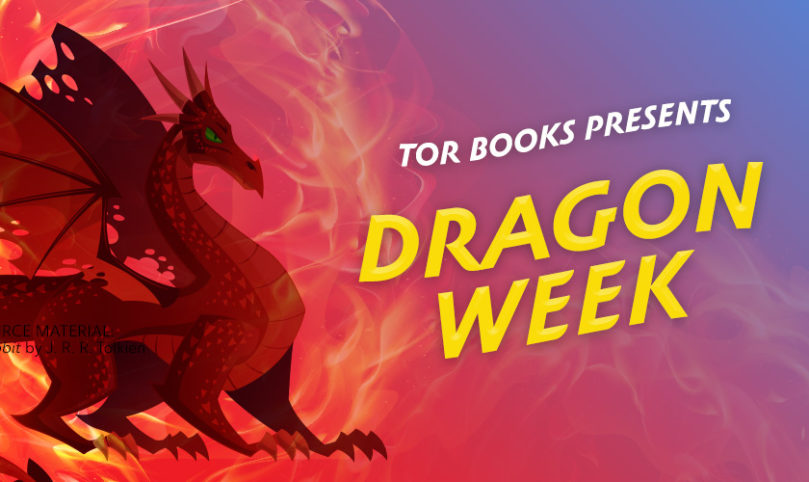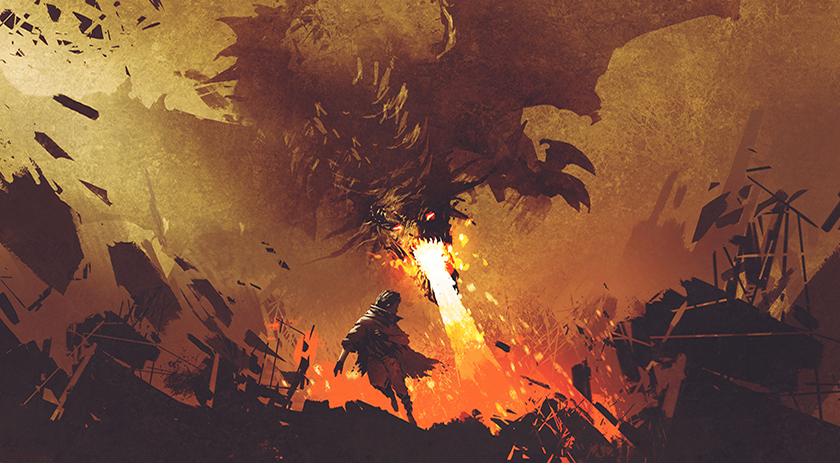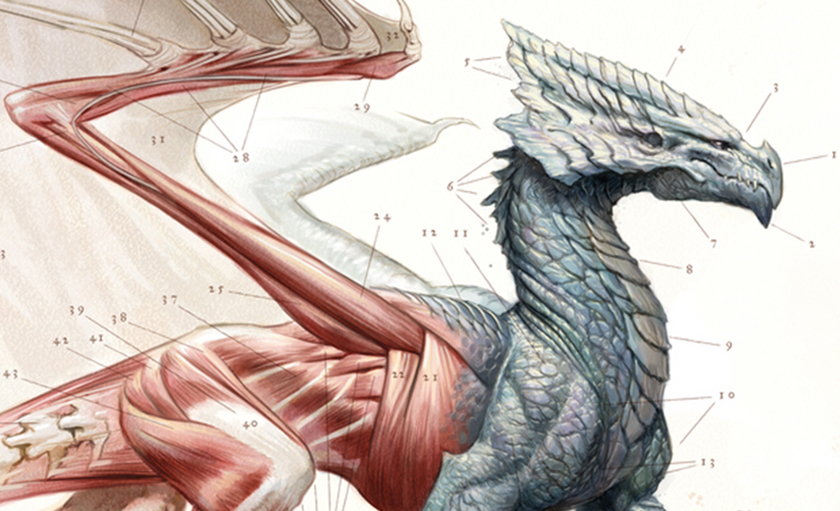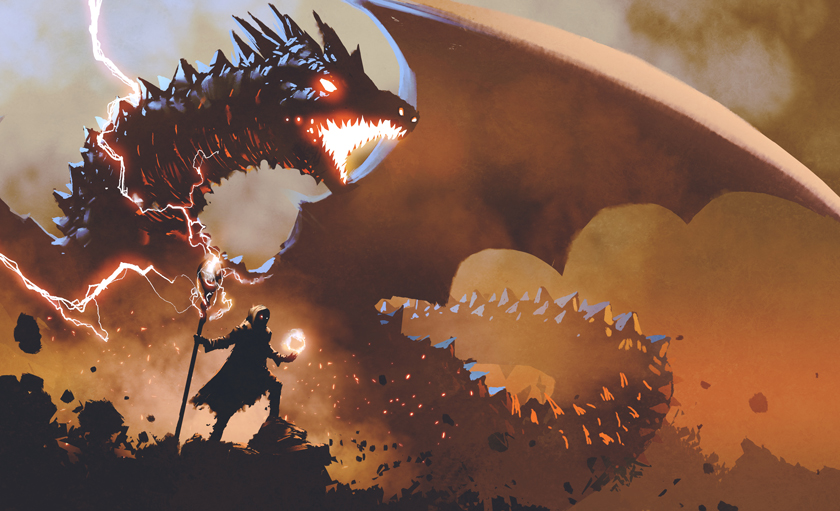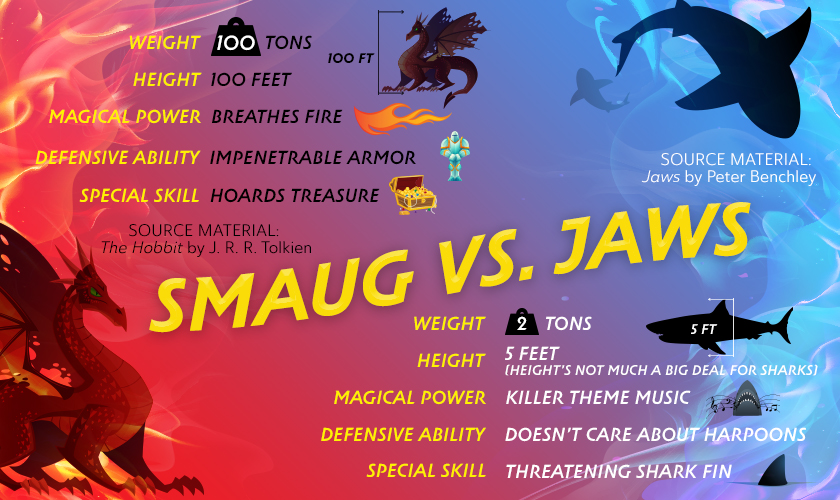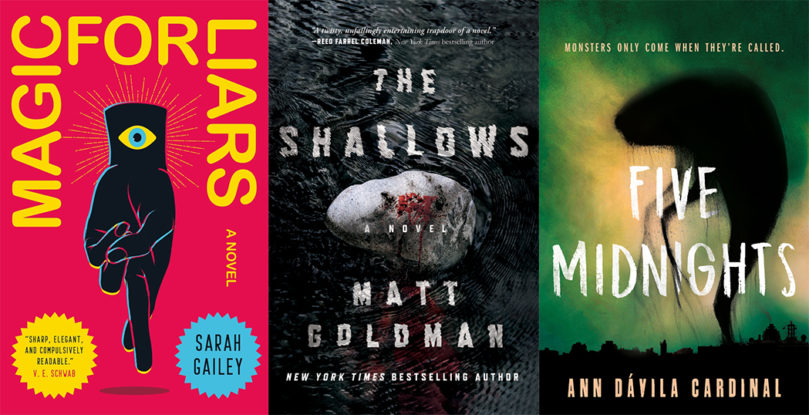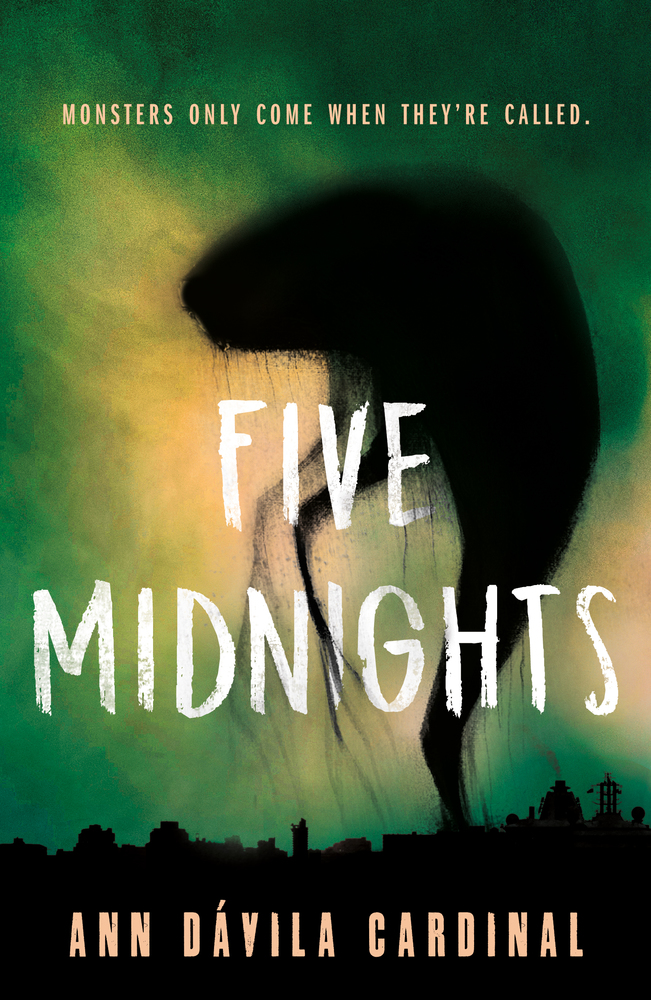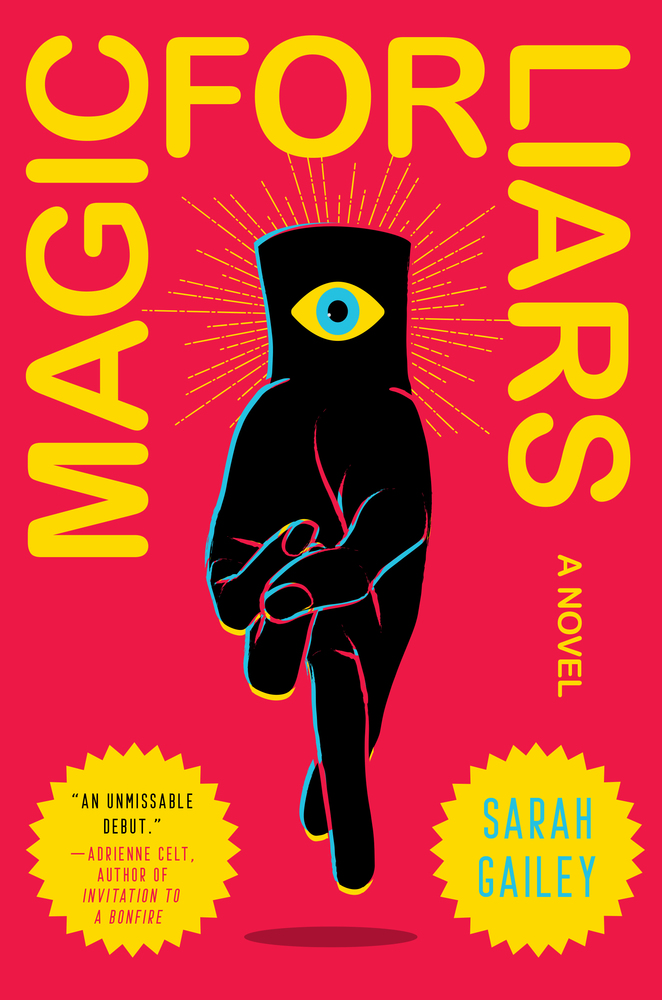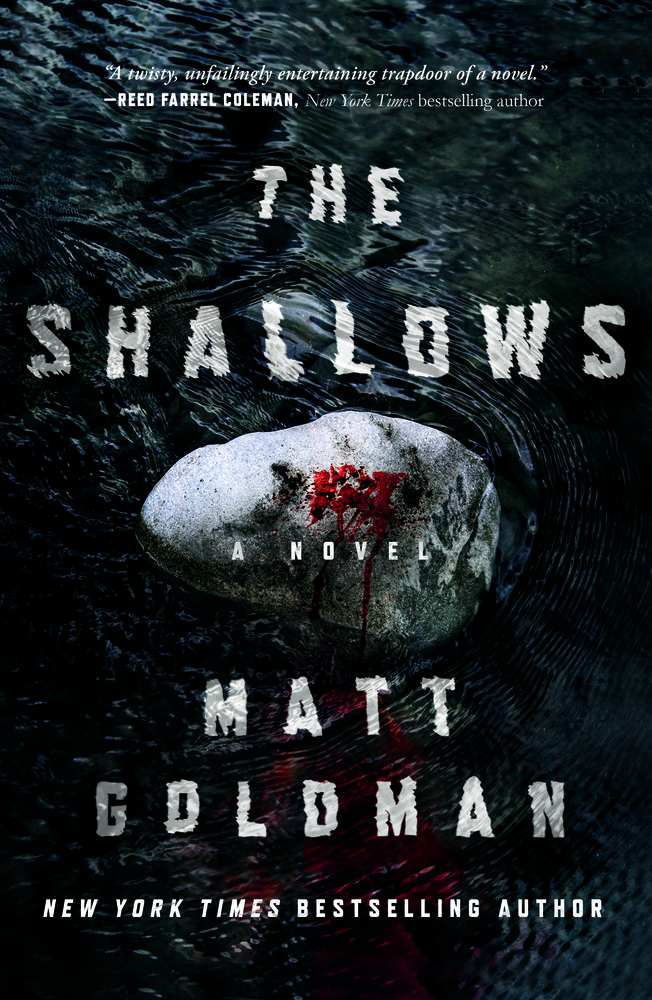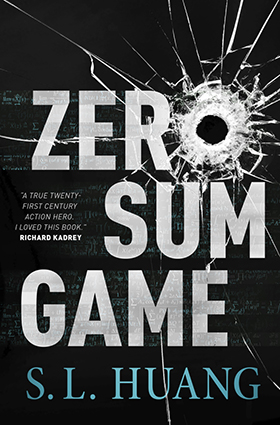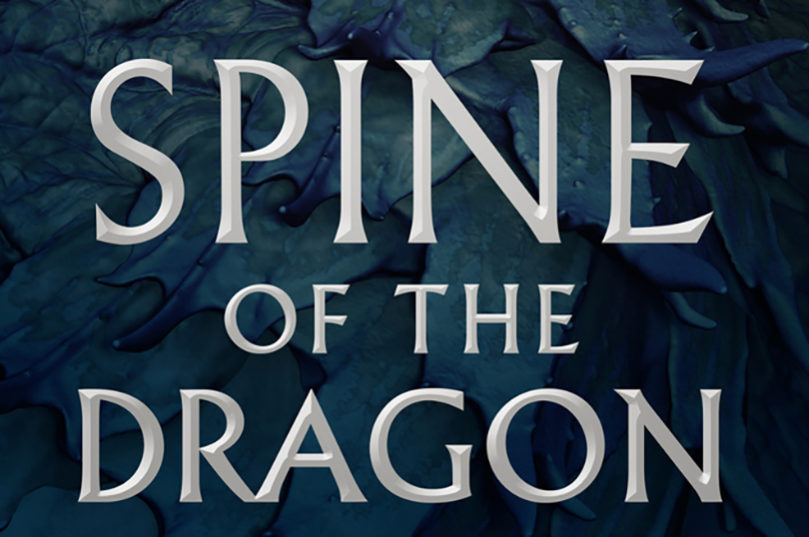opens in a new window opens in a new window
opens in a new window opens in a new window
opens in a new window opens in a new window
opens in a new window opens in a new window
opens in a new window
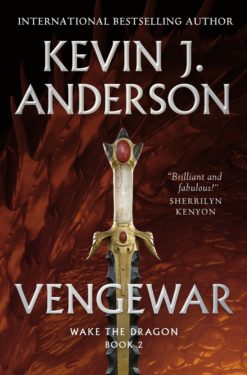 Kevin J. Anderson’s sequel to Spine of The Dragon brings bitter rivalry and blood feud—that might be the downfall of the human kingdoms.
Kevin J. Anderson’s sequel to Spine of The Dragon brings bitter rivalry and blood feud—that might be the downfall of the human kingdoms.
Two continents at war, the Three Kingdoms and Ishara, have been in conflict for a thousand years. But when an outside threat arises—the reawakening of a powerful ancient race that wants to remake the world—the two warring nations must somehow set aside generations of hatred to form an alliance against a far more deadly enemy. Book One awakened the great dragon, and set the kingdoms at each other’s throats.
In Book Two, Vengewar, the Three Kingdoms are shattering under pressure from an inexperienced new King who is being led by an ambitious regent to ignore the threat of the Wreths, in favor of a Vengewar with Ishara. His brother and uncle can see only the danger of the Older Race.
In Ishara, the queen lies in a coma, while an ambitious priest seizes power. But he has neither the training nor the talent to rule a nation—or even a city. Ishara is in deadly peril, and the Wreths have not even appeared on their continent.
Please enjoy this free excerpt of Vengewar, on sale 01/19/2020.
1
There are things you must know as konag,” Utho told the young ruler. “The future of the Commonwealth depends on your leadership.” His voice had the force of a battering ram, implacable, because Mandan needed to face his new reality after the murder of his father. As harsh as The Brava might sound, he would not coddle the former prince. Some actions were simply necessary.
Looking younger than his twenty-five years, the new konag appeared doubtful and overwhelmed. His large hazel eyes, red-rimmed with tears in his narrow face, avoided Utho’s gaze. Ever since that terrible night on Fulcor Island, nightmares had harried Mandan like crows.
Utho spoke firmly to his ward. “I trained you all your life, and that training must continue. But it is no longer a mere exercise. From now on, everything you do becomes history. You rule the Commonwealth, like Conndur the Brave before you.”
Long life and a great legacy.
Under Utho’s stern regard, Mandan seemed to dredge a core of steel from the rubble of his personality. Good. The young man would need to get through his dead father’s remembrance ceremony. Going through the motions, the konag donned his regal clothing, topped by a crimson cape trimmed with snowfox fur.
Though he had known he would someday rule the three kingdoms, Mandan was clearly still frightened inside. The grisly sight of Konag Conndur’s butchered body had devastated him, but the bonded Brava was his strength, his mentor. Utho would guide him into the obligatory war against Ishara, a true vengewar.
At last!
Clad in his usual black Brava tunic, leggings, and finemail-lined cape, Utho pulled on his black leather gloves. “Come, Mandan. Your people need to see their true konag.”
As the young man followed, he said in a small voice, “How can I be what they need when I am so alone?”
“Not alone, my konag—never alone while you have me.” They left the royal chambers.
Convera Castle stood at the point of a high bluff that overlooked the confluence of two great rivers. In the main city below stood the remembrance shrine, an imposing stone building that preserved the names and lives of countless generations.
Humans built such shrines in every village and town to memorialize those who had lived before and the descendants they left behind. Families took great care to commemorate their loved ones, paying for written records, stone engravings, or painted tiles to be kept in the shrine through the ages. Once a person’s life and works were forgotten, it was as if they had never existed.
Convera’s shrine was the largest in the Commonwealth, seven stories tall, with records dating back almost two thousand years, to the end of the last wreth wars. Two stone lions guarded the entrance, each one nearly as large as a dragon. The shrine held many storage chambers and reading rooms with shelves crammed full of ledger books. The most prominent names were chiseled into the smooth marble walls and floors. A basement vault held scrolls for poorer people, who paid scribes a few coppers to record the names of their loved ones.
Crowds had gathered in front of the great shrine, where the remembrance ceremony would take place. Stonemasons had already prepared a slab of white marble, which looked as slick and pure as boiled bone on the raised entry platform between the two stone lions. A skilled mason had already engraved the name of Conndur, and covered his work with a canvas, leaving only a few strokes to be completed for the ceremony. The man stood ready, with his eyes down and his hair mussed. He held his mallet and chisel, looking nervous as thousands of people stared at him.
As Mandan and Utho approached the remembrance shrine, the crowd responded with a swelling murmur of appreciation, respect, and sorrow. Utho doubted the young konag would ever earn their cheers or adoration—it wasn’t in his character—but the people would follow his commands. Hatred for the murderous Isharans would bond them.
Chief Legacier Vicolia emerged from the open doors of the towering building and took her place next to the covered marble slab. She was a tall, thin woman with pinched lips and an expression as serious as her duties; she wore a brown legacier’s robe trimmed with gold at the sleeves and hem. Resplendent in his cape and crown, Mandan joined her, while Utho waited respectfully off to the side by one of the stone lions, a dark figure with steel-gray hair.
“The Commonwealth remembers Konag Conndur the Brave,” announced the chief legacier. Her voice was deep and rough, as if she had breathed too much dust from her books. “He leaves a great legacy for us to remember.”
“My father’s life was too short,” Mandan blurted out, and then he stepped forward, facing the gathered crowd. The people fell silent, sensing this would not be a traditional ceremony. “Conndur fought in the Isharan war thirty years ago, but in recent days, he mistakenly decided to trust those animals. He believed the Isharans might actually want peace.”
His eyes sparkled with spiteful tears, his skin paled further, and his voice was wrong. “My father met them on Fulcor Island to negotiate the end of hostilities.” Mandan visibly shuddered. Utho was proud of him. He did not mention the wreths or the dragon Ossus, the real—if ill-advised—reason Conndur had been so desperate to speak with the Isharan empra. “And they chopped him to pieces! They hacked off his hands, gouged out his eyes! They . . . they cut out his heart!” His voice broke, and he degenerated into shivers and sobs. “I saw it!”
The crowd remained as silent as death itself, and the chief legacier fidgeted. Utho let Mandan weep publicly for a few moments before he came forward and stood as a bastion of strength by the new konag. He gestured to the stonemason. “You know your work! Let the marble preserve Conndur’s legacy forever.”
The mason pulled aside the canvas covering to reveal the marble and the bold, impressive letters. With a bright percussion of steel and stone, the mason used his chisel to follow the charcoal lines and finish carving the last letter in CONNDUR THE BRAVE. Vicolia watched like a schoolmistress, nodding in cautious approval.
When the mason finished, Mandan stared at the name as realization struck him anew, and dropped to his knees in front of the marble, weeping.
Placing a black-gloved hand on the young man’s trembling shoulder, Utho said in a low voice, “You can grieve only so much, my konag. You have a kingdom to rule.” He increased the pressure, squeezing until Mandan managed to compose himself. “And we must prepare our war of vengeance against the Isharans.”
Even before the Commonwealth ships departed from Fulcor on the night of the murder, Utho had set his plans in motion. The Brava was saving the three kingdoms by preventing Conndur’s awful, naïve proposal to seek peace with the Isharans. Such a choice could cripple humanity’s future. He had done what was necessary, as appalling as it was.
Conndur had been his friend, and secretly murdering him was the most difficult thing Utho had ever done. But that act, and placing the blame on the Isharans, had provided the necessary trigger to unite Mandan and the whole Commonwealth in destroying their enemy. Everyone believed Empra Iluris had ordered the despicable crime.
Still reeling from the horror he had witnessed, Mandan deferred the planning to his bonded Brava, who was happy to take the reins. In the name of the konag, Utho ordered numerous Commonwealth ministers and advisors to catalog the resources the three kingdoms could bring to bear for a fullscale war. The main army needed to be armed and supplied, and the vaults of stored armor, swords, arrows, and spears beneath the castle had been emptied and inventoried. Soldiers would be recruited from across Osterra, Norterra, and Suderra. Since the enemy was across the ocean, he required ships—hundreds, if not thousands of ships—to strike the other continent like an executioner’s ax.
The Brava race had wanted this vengewar for centuries. A vengewar is not a quick thing, he thought, but it is necessary.
When a courier brought a letter from the king of Norterra, Mandan sat on his throne and stared at the message as if he didn’t know what to do. It was addressed to Konag Conndur and sealed with wax impressed with the mark of King Kollanan. Obviously, the message had been dispatched weeks ago.
The sweaty, exhausted courier swiped a hand across his forehead. “I regret that it took me so long, Sire. I had to ride far to the north to find a passable road over the Dragonspine Mountains.” He heaved a deep breath. “Kollanan the Hammer said this was most urgent information for Konag Conndur.”
“My father is dead,” Mandan said.
Utho stood beside the tall throne. “If this message is the business of the Commonwealth, then it is your business. You are the konag now.” Still, the Brava felt uneasy, though he didn’t know why. Not wanting an audience, he dismissed the courier from the throne room so they could read and discuss the message.
Hesitant, Mandan broke the wax seal and unfolded the letter. Without showing Utho, he read with widening eyes and his skin turned as pale as milk. When Utho tried to read the letter for himself, Mandan snatched it away, accusing. “Is this true? What did you do, Utho?”
Though he dreaded the news, the Brava spoke in a calm voice. “If I am to advise you, my konag, I must know what it says.” He forcibly took the letter and scanned the words, and struggled to control his shock at what Kollanan had revealed. Impossible! He had never expected to deal with this.
His mind raced to choose the best course of action. Finally, trusting his relationship with the young man, he admitted, “Part of it is true, Mandan.”
Mandan said, “That Brava woman Elliel accuses you of betraying her! Did you really wipe her memory and tell her she committed awful, false crimes?” He stared at his mentor, aghast. “Why, Utho?”
He stood implacable. “For the good of the Commonwealth—as always— and to save us all. In her mind, I’m sure Elliel considers it a betrayal, but she sees only a small part of the picture.” Utho’s thoughts spun, but he continued to speak, slow and reassuring. No excuses. He was loyal to the konag.
“But it’s so . . . dishonorable!”
“I would never lie to you, you know that, but King Kollanan does not have the full explanation. Lord Cade runs a vital operation in his holdings. Even your father was not aware of the hundreds of Isharan prisoners who work to repay the innocent blood they have shed over the centuries. Elliel was Lord Cade’s bonded Brava and she oversaw the saltpearl harvesting. Even Konag Conndur didn’t know about it.”
And a good thing, because Conndur would have wanted to free them as a foolish gesture of goodwill.
Mandan snatched the letter back, crumpling a corner of the paper. But he listened.
Utho continued the story. “Elliel became Cade’s lover, and that is when it all fell apart. She was not rational.”
“This . . . this says he raped her.”
He could see the young man was wavering. Mandan would believe what he wanted to believe, if given the proper nudge. “I’m sure that is how she remembers it now, but Elliel’s memory is damaged—as she admits in the letter. When Cade’s wife learned of the affair, she threatened to expose the Isharan prisoners to the whole Commonwealth, just to punish Elliel. Lady Almeda was a spiteful, scorned woman. The scandal and uproar would have sent shock waves throughout the three kingdoms, and the Isharans would have launched an all-out war against us. We needed to prevent that, at all costs.”
With great effort, he kept his voice neutral, and Mandan listened with rapt attention. “Elliel had to pay the price. It was the only way to solve the problem. So we erased her memory. I myself tattooed the rune of forgetting on her face, and created a false narrative that should have been too horrible for her to investigate. Elliel should have made a new life and a new legacy for herself. It was a small enough price to save the Commonwealth, wasn’t it?”
Though he maintained his outward calm, Utho couldn’t comprehend how Elliel had broken the spell. The rune of forgetting was ancient magic that Bravas knew but didn’t completely understand. Now she remembered everything, and had revealed the whole story to King Kollanan.
But Utho had much bigger things to worry about, with the start of the vengewar. He needed to steer Mandan back onto the correct path.
Fortunately the young man’s own hatred did it for him. “Are these Isharan prisoners still working under Lord Cade? To atone?”
“Yes, my konag. They give their sweat, their blood, their lives if necessary. They harvest saltpearls at great risk, and those riches are used to fund our great army. For the good of the Commonwealth.”
Mandan turned toward his mentor and made no further mention of Elliel. He dropped the letter to the side of the throne. “Take me to Cade’s holding so I can see it with my own eyes.”
2
Kollanan was still reeling over the crippling news from Convera. His heart and mind could not believe it.
As the lords gathered in the main hall at his urgent summons, Tafira, his beloved wife of three decades, sat beside him. Her long hair had once been raven black but now was frosted with silver that, if anything, made her look more distinguished. Although her dusky skin, generous lips, and pointed chin indicated Isharan heritage, Tafira was his queen here in Norterra, far from the land where she had been born.
She looked at him with concern. “I know you too well, beloved. I can see the news is bad.”
Koll nodded only slightly as he stared beyond the raised dais into the large chamber.
Lords Bahlen, Ogno, and Cerus muttered to one another, probably about their temporary victory at Lake Bakal. Bahlen’s bonded Brava Urok stood like a statue just behind his lord. Other vassal lords appeared uneasy, waiting for the king to address them.
At the edge of the room, a restless group of escort soldiers from Convera still wore their Commonwealth uniforms. Perhaps they would be the most shocked. Conndur had dispatched Captain Rondo and twenty men to escort Kollanan home just before the eruption of Mount Vada. These soldiers were impatient to ride back to the konag, but scouts and traders reported travel difficulties over the mountains, so the escort remained as Kollanan’s guests in the barracks.
After today’s news, though, they would be even more insistent on riding back to the capital.
Koll could not wait any longer. He rose from his throne and spoke out in a voice that silenced the entire room. “Konag Conndur is dead.” He paused for a thunderous intake of breath. “My brother was murdered on Fulcor Island by the Isharans. His body was . . .” Grief filled his throat like hot wax. “Prince Mandan found him in pieces. There was a great battle, and Empra Iluris was gravely injured, perhaps mortally, but the Isharans escaped.”
Captain Rondo let out a loud cry. “What of Prince Mandan? Is he safe?”
Koll’s vision blurred, but he forced himself to go on, one word after another like plodding footsteps. “He is safe. Apparently, Utho protected him.” Koll locked eyes with his own bonded Brava, Elliel. She looked nauseated to hear the name of the man who had done her so much harm. A hot flush came to her cheeks. Next to her, the dark wreth stranger Thon stared at her, then at Kollanan, then at the others in attendance, trying to understand what he was hearing.
“Mandan is now the konag. I am . . . in mourning for my dear . . .” Koll couldn’t go on. The words simply hung in the air. My brother. His shoulders shook under the crushing weight of memories.
The escort soldiers uttered low angry sounds, and restless hands strayed toward their swords. One of the men glared daggers at Queen Tafira. “Isharan animals,” he muttered, as if he blamed her.
“Norterra must decide what to do,” Kollanan said. His normally rough voice came out sounding like a lost waif’s. But he was the king. “And so must I.”
“Decide what to do?” Captain Rondo looked at his companions in disbelief. “We must ride back to Convera and offer our swords to Konag Mandan against Ishara!”
“Maybe so, but I will require you to stay here for a little longer. I must compile a report to . . . to the new konag about what is happening in Norterra. We must prepare for what the frostwreths will do to us here.”
Once the news had time to sink in, the king called his vassal lords for a private war council. After Koll’s recent strike on the ice fortress at Lake Bakal, they all knew the very real possibility that bloodthirsty wreths might sweep across Norterra and attack human settlements.
Kollanan squeezed his large hand into a fist. “King Adan and I traveled together to Convera. We warned Conndur about the wreths, but my brother was more worried about Isharan raids on the coast. Prince Mandan even scoffed at the idea of wreths. He is under Utho’s thumb.” Koll sighed. “After Mount Vada, though, I think Conn was convinced, and he went to Fulcor Island to enlist Empra Iluris as an ally. But if the Isharans did assassinate him, Mandan will not concern himself with our problems here.” His eyes stung with thoughts of his poor brother, but more painful still was the clear memory of his daughter and her husband, his grandson, and all the others blithely killed by the frostwreths at Lake Bakal. “We need to save ourselves from whatever comes down from the north.”
“And it will come,” said Elliel, imposing in her black Brava outfit. Her grim expression was marred by the rune of forgetting tattooed on her face.
“We will be strong—I certainly am! Ha!” said Ogno, the biggest and most intimidating of his lords. “We will be ready, Kollanan the Hammer.”
Koll rested his bearded chin in his hand. “Adan knows the wreth threat, too, down in Suderra.” His voice caught again. “He will also have received word of his father’s death. I need to go to him, so we can discuss how our two kingdoms can defend themselves. If the sandwreths and the frostwreths are intent on destroying each other, we will be caught in the middle.”
Tafira’s dark eyes sparkled. “Maybe you could convince the sandwreths to fight on our behalf, against a mutual enemy.”
Koll’s eyebrows drew together. “I would ask Adan’s counsel on that first.”
Elliel sat up straight. “I will accompany you on the ride to Suderra.” She shot a questioning glance at mysterious Thon, who nodded that he would join her.
“And I as well,” Lasis said. The Brava had served Kollanan much longer than Elliel, and had been captured and left for dead by the frostwreths.
Kollanan shook his head. “No, Lasis. While I am gone, I need you here to protect my queen.”
Tafira smiled. “And your kingdom.”
The other Brava bowed. “Yes, Sire. Perhaps we should ask Captain Rondo and his Commonwealth soldiers to remain as added defenders, while you are gone?”
“Yes, that is reasonable,” Koll said.
“We need regular scout riders, Sire.” Lord Teo ran a finger down the left side of his long mustache. “They can give us warning if the wreths move.”
“What good is a warning, if they can wipe us out with a blast of cold magic?” Lord Bahlen asked.
“It would give us a chance to evacuate the villages,” said Vitor. “Scatter our people into the wilderness. Some of them might be saved.”
Alcock said, “My county has open grassland and hills. We’re farmers with spread-out villages, and there is no safe place for them to go. We do not have fortress walls like Fellstaff.”
Teo said, “Norterra hasn’t been at war for centuries, barely even a squabble among holdings. We are vulnerable.”
“That is the weakness that peace brings,” Ogno grumbled.
“I fear the time of peace has ended,” Kollanan said.
Urok, Bahlen’s normally silent Brava, said, “We can shore up our defenses. We must.”
“Even if I wanted to, what sort of walls could I build against the wreths?” asked gaunt Cerus. “What material can stand against a frostwreth attack?”
Thon spoke up in a distant, musing tone. “Were the wreths not at war with one another for centuries? Their own defenses stood against the most destructive attacks, and those walls still endure.” He glanced at Elliel with strange eyes that sparkled like crushed sapphires. He looked almost human, but not quite. “Elliel and the scholar girl showed me one of the old wreth cities.”
“Ah, the ruins! Shadri is still determined to explore them more,” Elliel said. “Many abandoned wreth cities are still intact and could be turned into fortresses if we repaired them.”
Kollanan sat in his heavy chair. “Fellstaff has the greatest defenses, the thickest walls. We were always strong for the sake of the Commonwealth.” Another wave of sadness unexpectedly came upon him at the thought of Konag Conndur, his brother, his companion, his friend. The three kingdoms had to stand together, but faced with his own crisis, Koll felt distant from any Isharan threat across the sea. He had loved his wife for far too long to think of all Tafira’s people as inhuman animals, even if it was true that they had butchered Conndur.
“I have a large wreth city in my county,” Bahlen said, sounding pleased with the idea. “We could make it into a stronghold.”
Alcock lowered his head, scratched his dark goatee. “We’ve always avoided wreth ruins as bad places, maybe even haunted.”
“Now they might save us,” said Lord Iber.
That night in his chambers, Koll sat by the fire, holding a small carving of a cow, which he had whittled from a scrap of wood. Not his best work, but it kept his hands busy. Tafira had made honeysuckle tea, and she sat near the fire, reading a chronicle from Fellstaff ’s remembrance shrine that told the life story of their daughter Jhaqi, as written by the scholar girl Shadri. Koll loved watching his wife read the story and comfort herself by keeping their memories alive.
Koll kept their memories alive as well, but at the moment he was preoccupied with thoughts of his brother. During the Isharan war, he and Conndur commanded divisions of the Commonwealth army that roamed the new world. They had gone to punish the Isharans for some imagined slight that Koll couldn’t even remember.
Conndur the Brave and Kollanan the Hammer, war heroes
Koll and Conn.
The legaciers exaggerated the legends of the two brothers, but Koll remembered how dark those times were, on both sides. His own men had lost control, intending to raze a village, and the Isharan villagers, just as ruthless, decided to sacrifice an orphaned girl, Tafira, to their godling. Koll had rescued her as his prize and his bride-to-be. When that war ended unresolved, Koll had thought he would never worry about Isharans again.
Now, as he whittled a few more details into the wooden cow, he remembered his raid at the frostwreth ice fortress. Koll had hoped to rescue his captive grandson, but Birch wasn’t there. Instead, the boy was being held a prisoner up at Queen Onn’s palace, and Koll had no idea how to get him back.
With the tip of his dagger he scratched detail lines, then set the carving aside and picked up a new piece of wood. He had made many toy animals for his two grandsons. Someday he hoped to give this one to Birch.
Copyright © Kevin J. Anderson 2021
Pre-order Vengewar Here:
opens in a new window opens in a new window
opens in a new window opens in a new window
opens in a new window opens in a new window
opens in a new window opens in a new window
opens in a new window
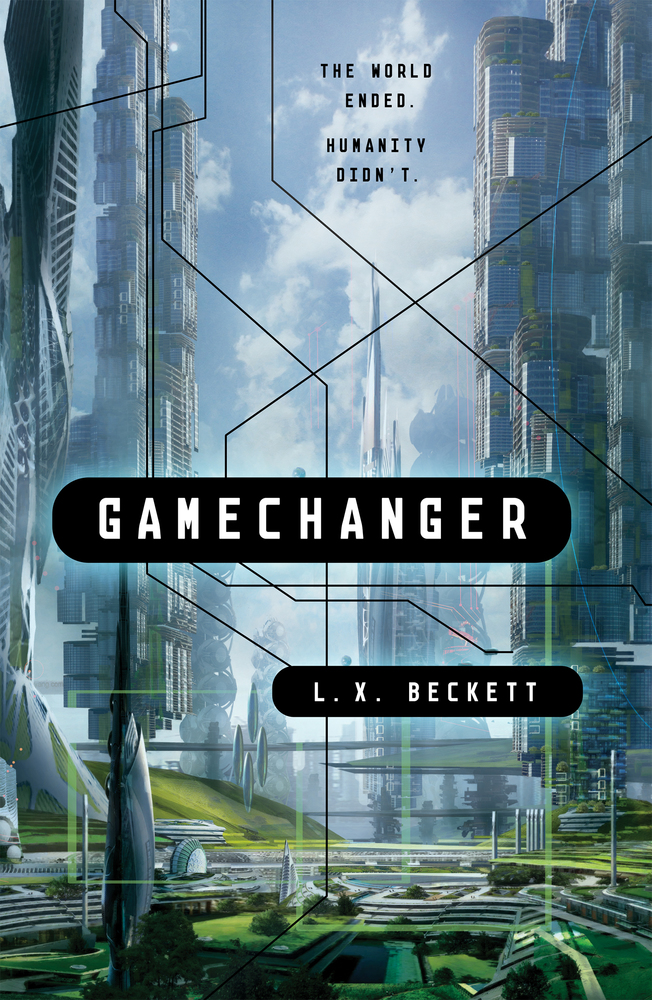 opens in a new windowGamechanger by L. X. Beckett
opens in a new windowGamechanger by L. X. Beckett opens in a new window
opens in a new window opens in a new window
opens in a new window opens in a new window
opens in a new window opens in a new window
opens in a new window opens in a new window
opens in a new window
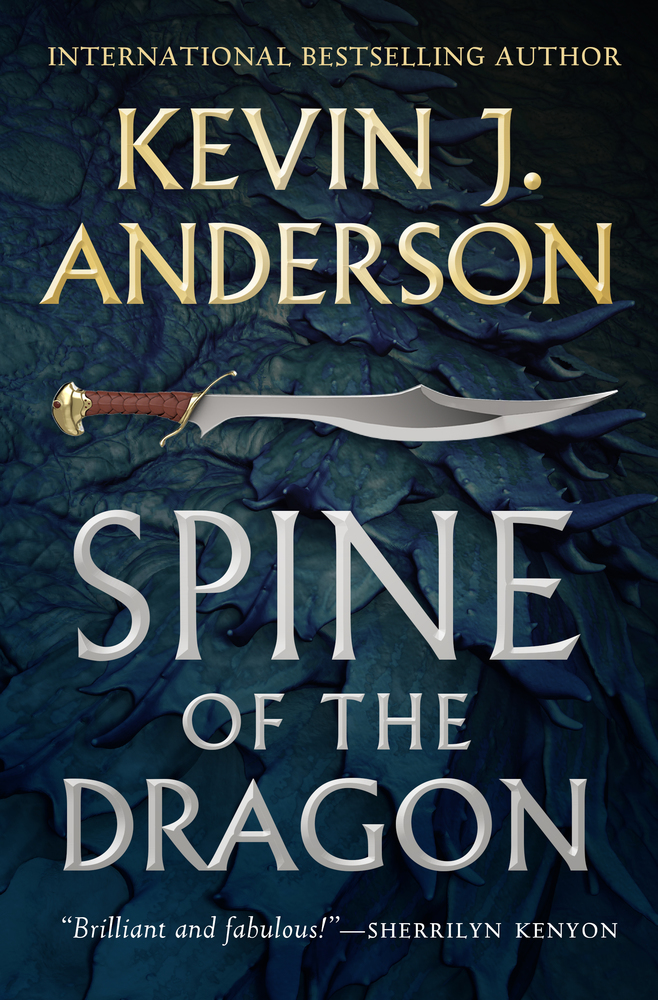 Spine of the Dragon by Kevin J. Anderson
Spine of the Dragon by Kevin J. Anderson opens in a new window
opens in a new window opens in a new window
opens in a new window opens in a new window
opens in a new window opens in a new window
opens in a new window opens in a new window
opens in a new window
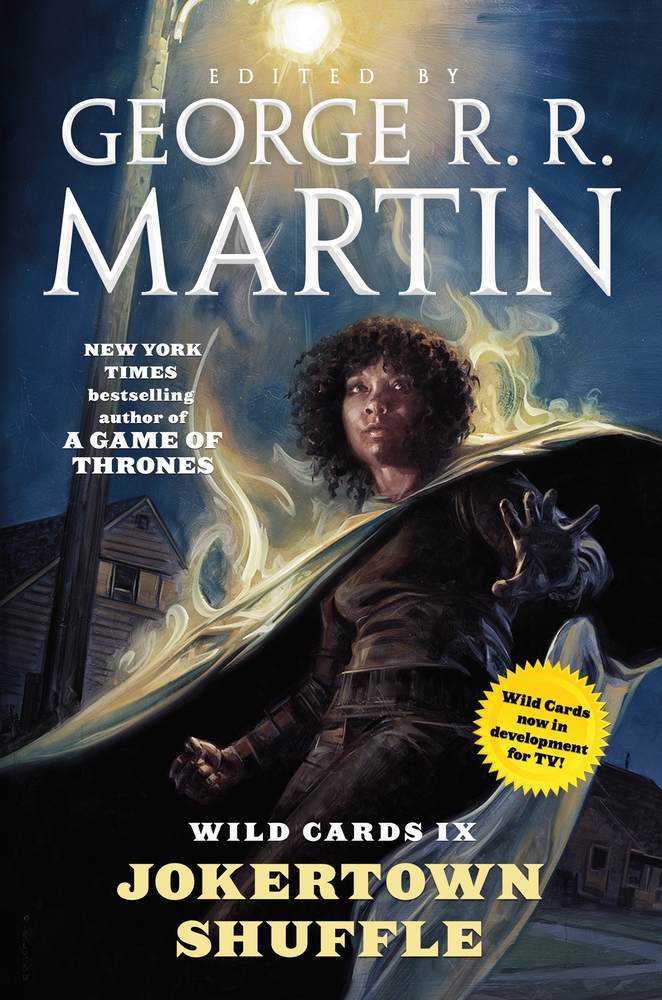 opens in a new windowWild Cards IX: Jokertown Shuffle edited by George R. R. Martin
opens in a new windowWild Cards IX: Jokertown Shuffle edited by George R. R. Martin opens in a new window
opens in a new window opens in a new window
opens in a new window opens in a new window
opens in a new window opens in a new window opens in a new window
opens in a new window opens in a new window
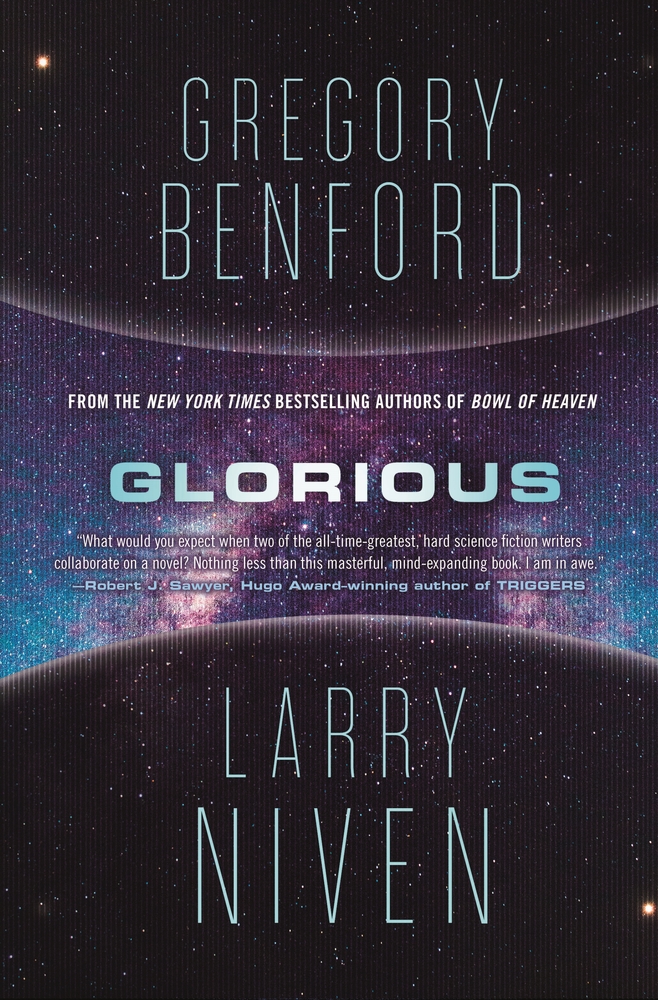 Glorious by Gregory Benford and Larry Niven
Glorious by Gregory Benford and Larry Niven opens in a new window
opens in a new window opens in a new window
opens in a new window opens in a new window
opens in a new window opens in a new window opens in a new window
opens in a new window opens in a new window
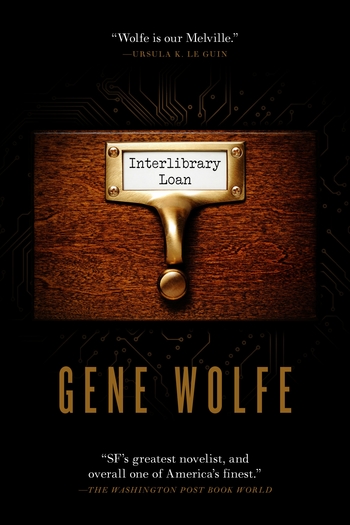 opens in a new windowInterlibrary Loan by Gene Wolfe
opens in a new windowInterlibrary Loan by Gene Wolfe opens in a new window
opens in a new window opens in a new window
opens in a new window opens in a new window
opens in a new window opens in a new window opens in a new window
opens in a new window opens in a new window
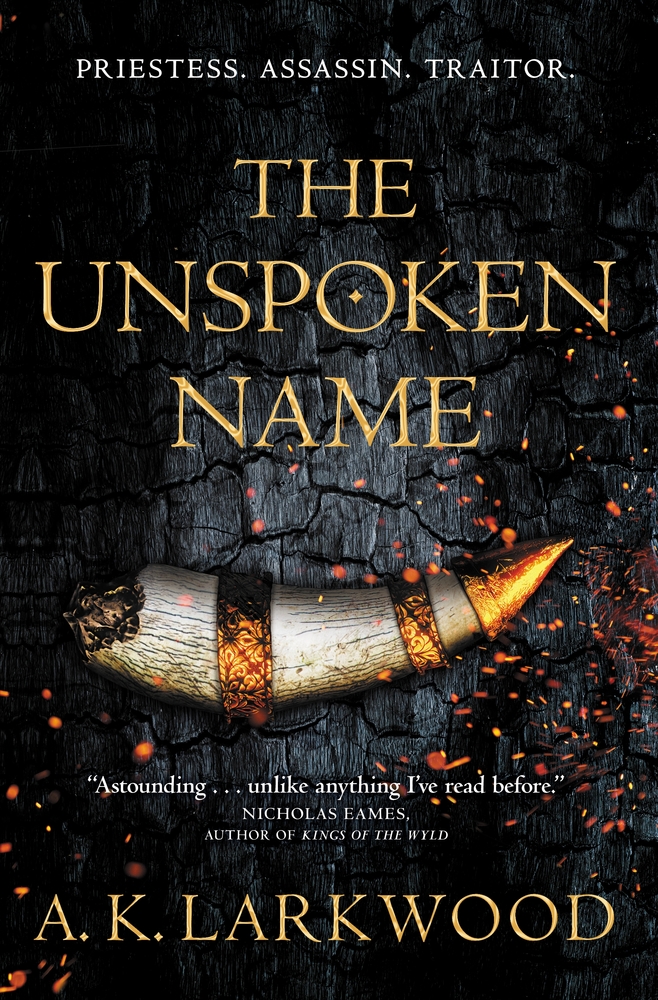 The Unspoken Name by A. K. Larkwood
The Unspoken Name by A. K. Larkwood opens in a new window
opens in a new window opens in a new window
opens in a new window opens in a new window
opens in a new window opens in a new window opens in a new window
opens in a new window opens in a new window
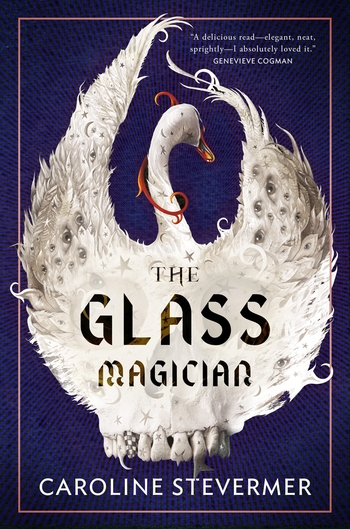 The Glass Magician by Caroline Stevermer
The Glass Magician by Caroline Stevermer opens in a new window
opens in a new window opens in a new window
opens in a new window opens in a new window
opens in a new window opens in a new window opens in a new window
opens in a new window opens in a new window
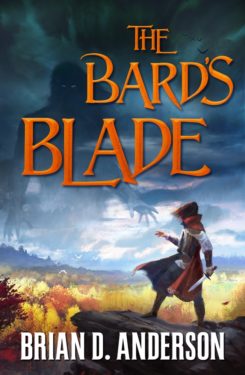 The Bard’s Blade by Brian D. Anderson
The Bard’s Blade by Brian D. Anderson opens in a new window
opens in a new window opens in a new window
opens in a new window opens in a new window
opens in a new window opens in a new window
 opens in a new window
opens in a new window
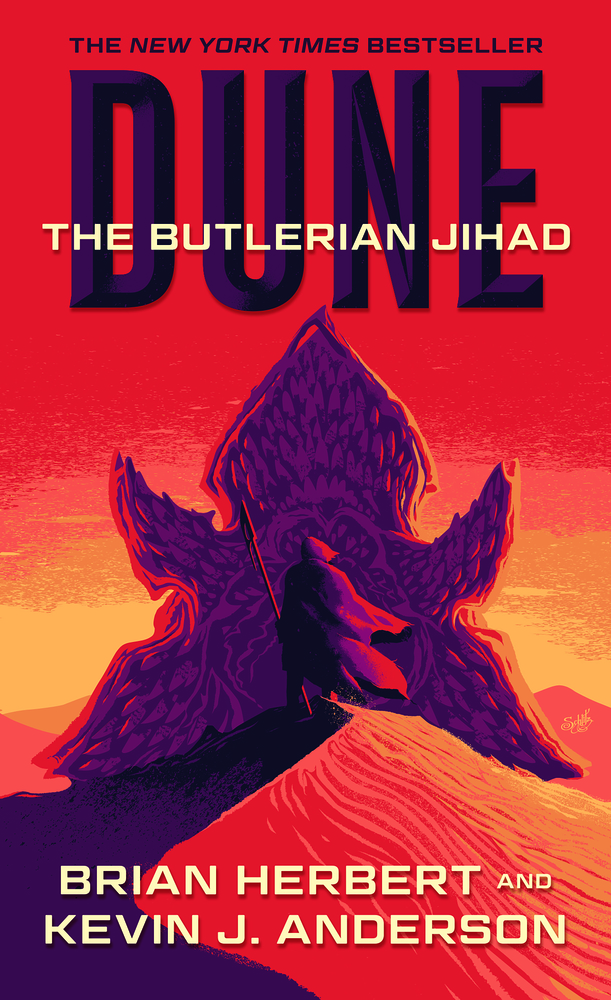 Dune: Butlerian Jihad by Brian Herbert and Kevin J. Anderson
Dune: Butlerian Jihad by Brian Herbert and Kevin J. Anderson opens in a new window
opens in a new window opens in a new window
opens in a new window opens in a new window
opens in a new window opens in a new window opens in a new window
opens in a new window opens in a new window
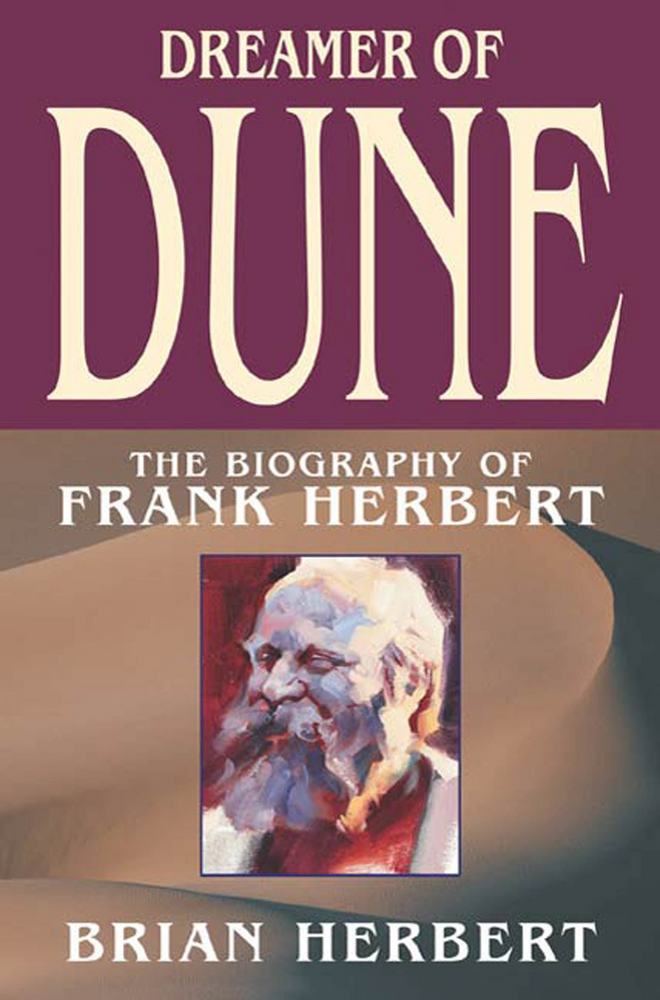
 opens in a new window
opens in a new window opens in a new window
opens in a new window opens in a new window
opens in a new window opens in a new window opens in a new window
opens in a new window opens in a new window

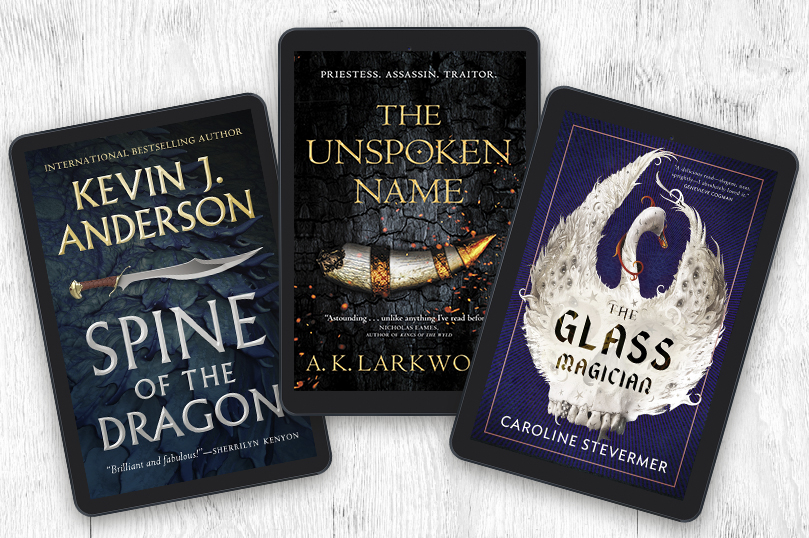
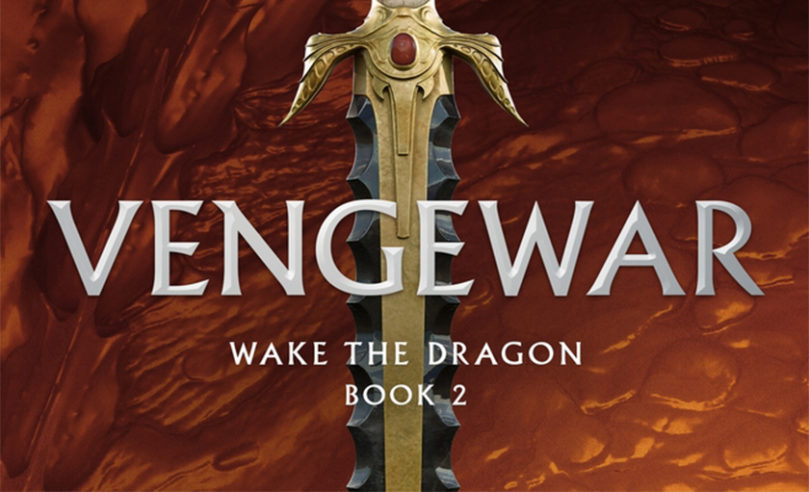




 Kevin J. Anderson’s sequel to Spine of The Dragon brings bitter rivalry and blood feud—that might be the downfall of the human kingdoms.
Kevin J. Anderson’s sequel to Spine of The Dragon brings bitter rivalry and blood feud—that might be the downfall of the human kingdoms.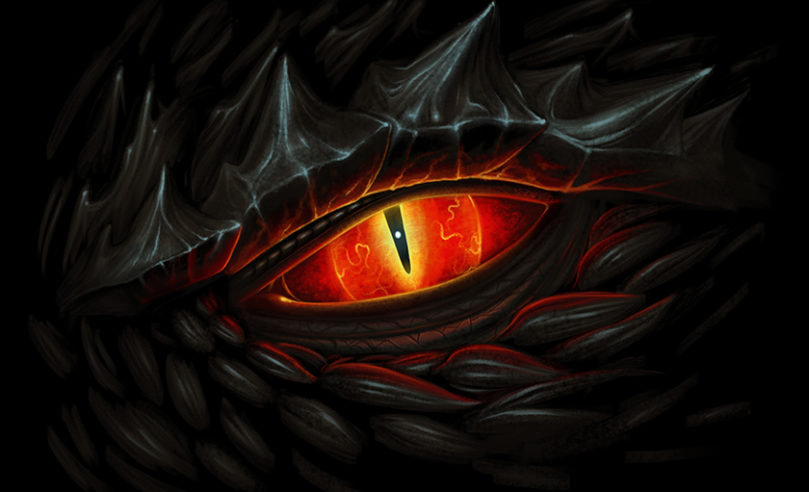
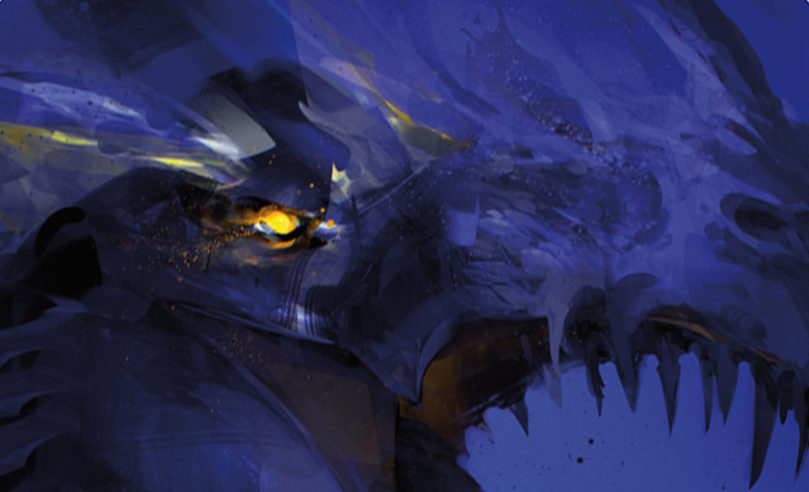
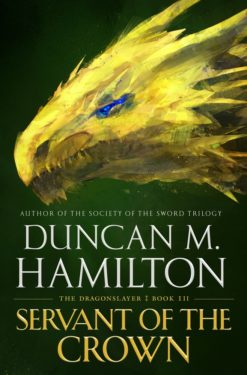
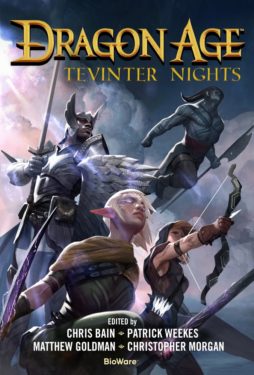
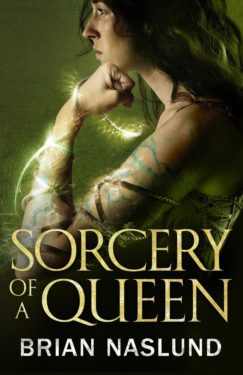
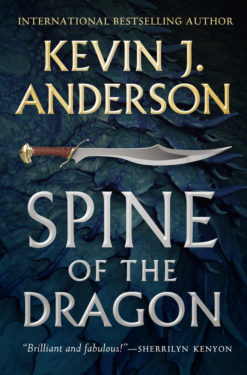 Spine of the Dragon
Spine of the Dragon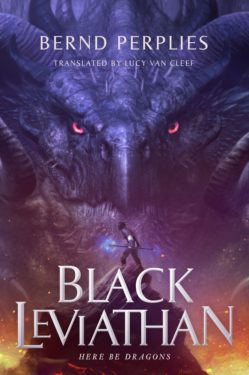 Black Leviathan
Black Leviathan